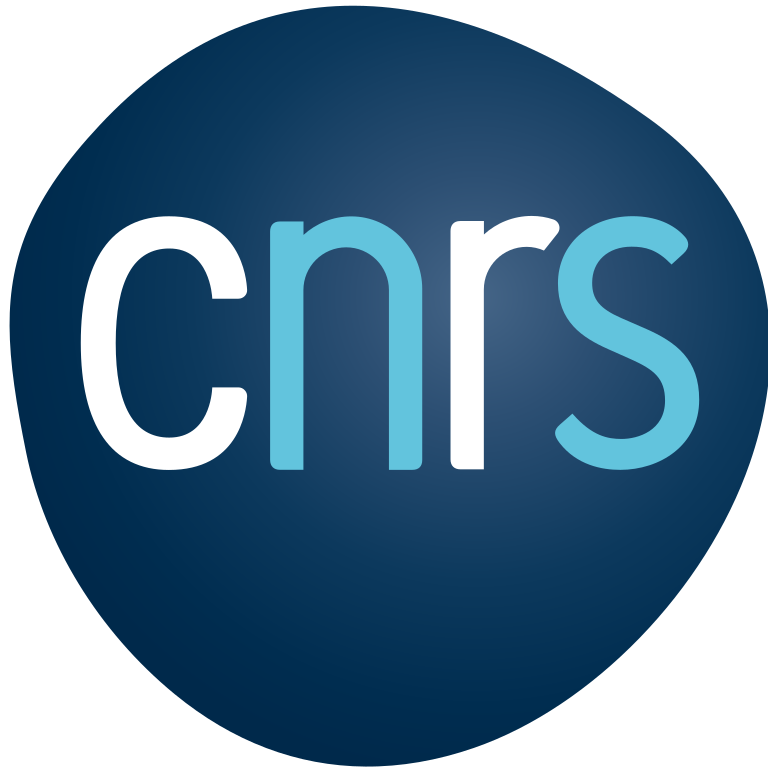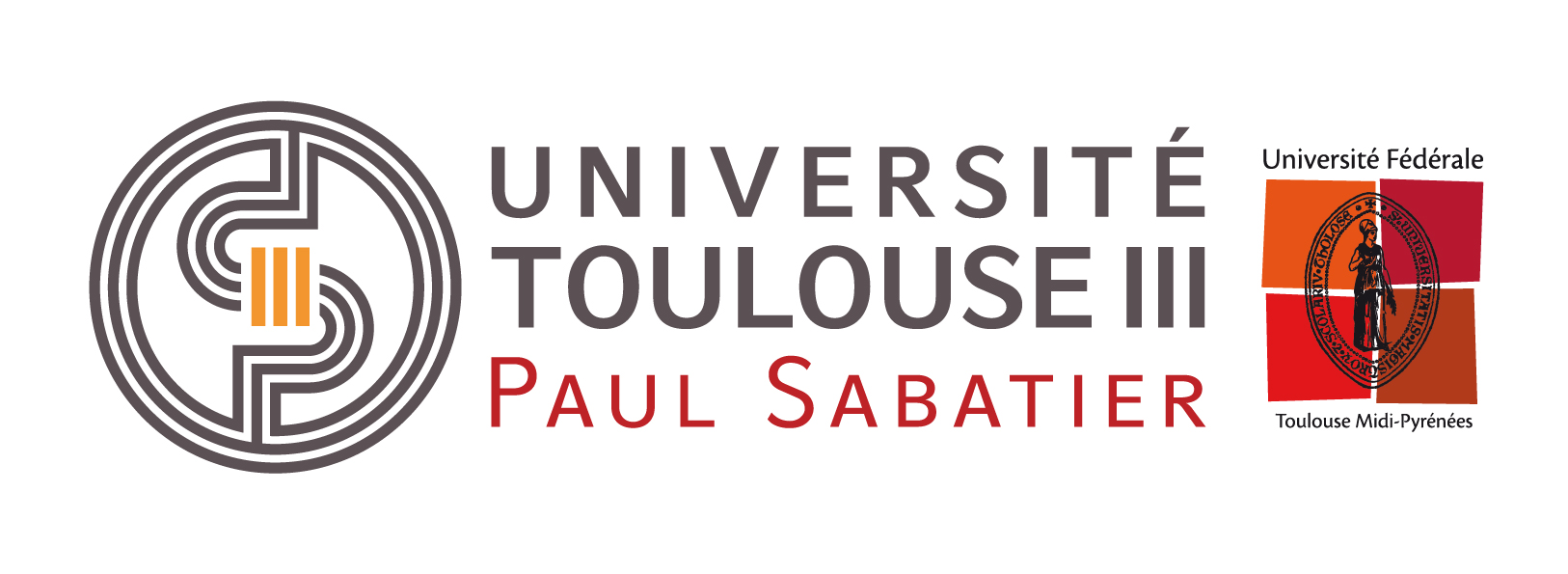Towards a new approach to immunotherapy in the treatment of skin cancer – the ARC Foundation provides long-term support
Over the past 10 years, immunotherapy has significantly improved the management of patients with metastatic melanoma, one of the rarest but most aggressive skin cancers. However, nearly half of those affected do not respond to first-generation treatments. An innovative programme, coordinated by Professor Bruno Ségui of the Toulouse Cancer Research Centre, now offers new hope. It is studying how drugs targeting an inflammatory protein could enhance the effectiveness of immunotherapies. Selected in the context of the 2022 call for projects “Programmes labelled Fondation ARC”, this project will benefit from a grant of €450,000 over 3 years, starting in January 2023. This support reaffirms the ARC Foundation’s conviction that immunotherapy is a major avenue for progress in the fight against cancer.
Metastatic melanoma, a rare but dreaded cancer
Representing less than 10% of skin cancers, metastatic melanoma also has the lowest remission rate. It is thus responsible for more than 1,900 deaths each year in France, i.e. nearly 8 out of 10 patients concerned. While the tumour can easily be removed by surgery when detected at an early stage, at a more advanced stage it becomes extremely difficult to treat, as the cancer spreads to internal organs where it rapidly forms metastases.
In recent years, there has been great hope in immunotherapy, which, by reactivating the immune system against tumour cells, can extend the life expectancy of those affected. However, more than 50% of patients are now resistant to this treatment from the outset, or relapse within two years. It is therefore essential to better understand the determinants of the behaviour of patients’ immune cells in the face of melanoma, and what immunotherapy strategies could be developed to benefit a greater number of patients.
- 100,000 new cases of skin cancer detected each year in France.
- 15,500 new cases of skin melanoma, 20% of which progress to the metastatic stage each year.
- 1,940 deaths related to skin melanoma in 2018.
- 70% of skin melanomas are thought to be linked to sun exposure.
Promising long-term work
Selected as part of the very selective call for projects “Programmes labelled Fondation ARC”, the project coordinated by Professor Bruno Ségui’s team aims to identify the best therapeutic approach in terms of immunotherapy for metastatic melanoma. It builds on the results of a previous programme, also supported by the ARC Foundation since 2019. This first research, conducted on mouse models of metastatic melanoma, highlighted the role of a pro-inflammatory protein, called “tumour necrosis factor” (TNF-α), in resistance to immunotherapies. This work showed that blocking this protein, which is also known to promote tissue repair and mobilise immune cells against infections and tumours, increased the immune response against melanoma. These results opened the way to a new therapeutic approach, combining an anti-TNF-α drug, blocking this protein, with two immunotherapies, anti-PD1 and anti-CTLA-4.
Towards a therapeutic approach that offers hope
Following on from the TICIMEL clinical trial, coordinated by Nicolas Meyer at the IUCT-Oncopôle, the aim of this new project is to explain why anti-TNF-α drugs have multiple effects when combined with immunotherapies. To this end, Bruno Ségui and his team will explore the molecular mechanisms using the CITE-Seq method, a cutting-edge technology that allows the simultaneous measurement, in single cells, of RNA and proteins infiltrating tumours.
In addition, a first line of research, carried out in collaboration with the team of Anne Dejean, a researcher at Inserm, will aim to explore the determinants of an immune memory allowing long-term survival of patients. A second line of work will concern the identification of the biological and functional characteristics of immune cells capable of attacking tumour cells, the CD8 T lymphocytes. This work will be carried out on patients’ biological samples with the support of the CRCT’s “Anti-tumour immunity and immunotherapy” team led by Maha Ayyoub, professor of immunology at the IUCT-Oncopole.
“We want to deepen our knowledge of the role of this inflammatory protein in the response to immunotherapies. In this way, we will be able to set up a phase 2 clinical trial, which will evaluate the tolerance and therapeutic effectiveness of the combination of immunotherapies and a drug that blocks the protein,” explains Bruno Ségui.
A Fondation ARC labelled programme
As part of the 2022 call for projects “Programmes Labellisés Fondation ARC”, the project of Professor Ségui and his team will benefit from a grant of €450,000 over 3 years, from January 2023. The ARC Foundation thus wishes to provide long-term support in order to advance research into immunotherapy and these promising new therapeutic approaches. In 2019, it financed the first phase of work led by Bruno Ségui, for an equivalent amount.
More generally, through this call for projects, the foundation wishes to encourage the most innovative research programmes to emerge, generating new knowledge likely to have an impact on cancerology. From 2017 to 2021, it has thus supported 218 projects in the Grand-Sud/South-West region for a total amount of more than €22M.
“Advances in immunotherapy treatments offer tremendous hope for all patients. We are now at a turning point in cancer research and are deeply convinced that this work represents a massive step forward, which will ultimately enable us to beat cancer,” says François Dupré, Director General of the ARC Foundation.
The “Fondation ARC labelled programmes”: large-scale work for better cancer care
Every year for more than 15 years, the Board of Directors of the ARC Foundation has voted to support new labelled programmes. With this call for projects, the ARC Foundation wishes to encourage the emergence of :
- Innovative basic research programmes, enabling the advancement of knowledge in cancerology
- Translational research programmes, with or without a clinical trial, addressing a biological question of major interest.
- Clinical research programmes, including early phase clinical studies, ancillary studies based on initiated or completed clinical trials, and studies involving patients in the pathophysiological analysis of their disease.
- Humanities and social science programmes.
- Epidemiological studies.
The associated teams
Bruno Ségui is a university professor and teaches cell biology at the Paul Sabatier University in Toulouse III. He is also a researcher at the Toulouse Cancer Research Centre, where he co-directs the MELASPHINX team with Nathalie Abadie-Andrieu. This team is made up of 26 members, ten of whom are actively involved in the project, including Anne Montfort, a researcher at Inserm, Céline Colacios, a teacher-researcher, Mathieu Virazels, a young doctoral researcher in biology, Matthieu Genais, a young doctoral researcher in bioinformatics, and Nicolas Meyer, a professor in onco-dermatology at the IUCT-Oncopole.

Centre de Recherches en Cancérologie de Toulouse (Oncopole)
Toulouse – FR
Nous contacter
05 82 74 15 75
Envie de rejoindre
L’équipe du CRCT ?

Centre de Recherches en Cancérologie de Toulouse (Oncopole)
2, avenue Hubert Curien
31037 – Toulouse – FR
Nous contacter
05 82 74 15 75
Envie de rejoindre
L’équipe du CRCT ?




